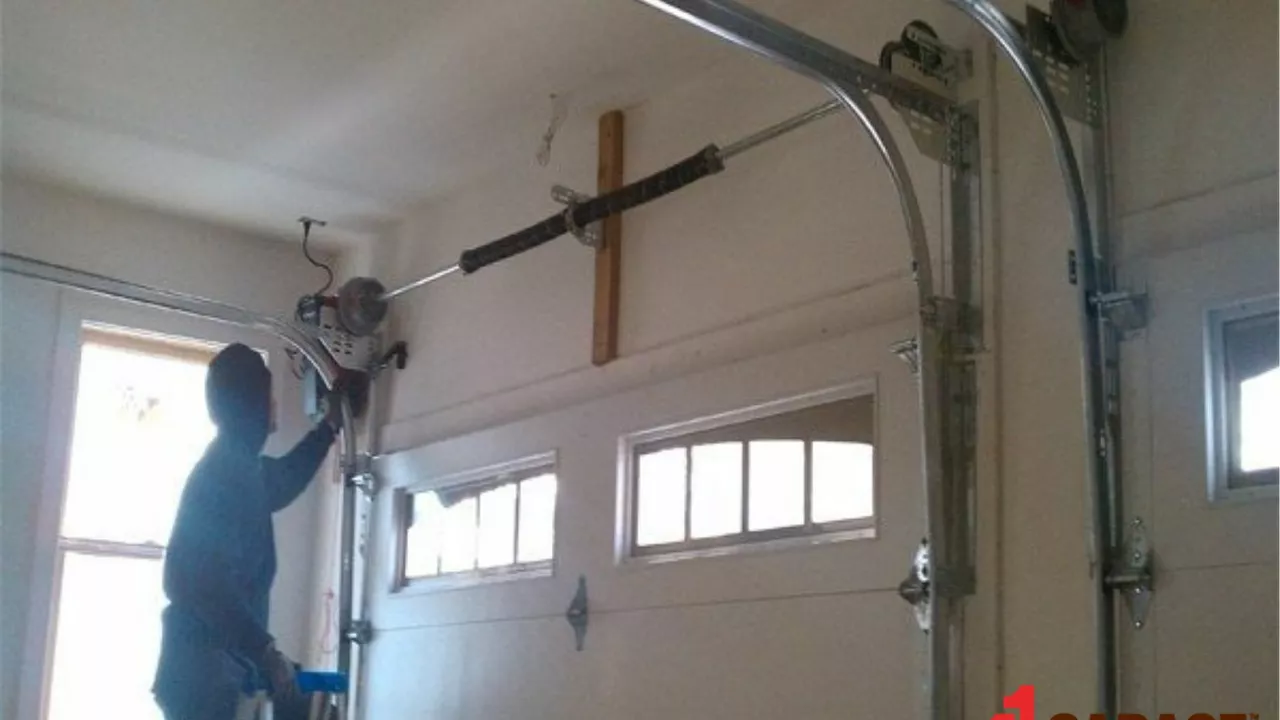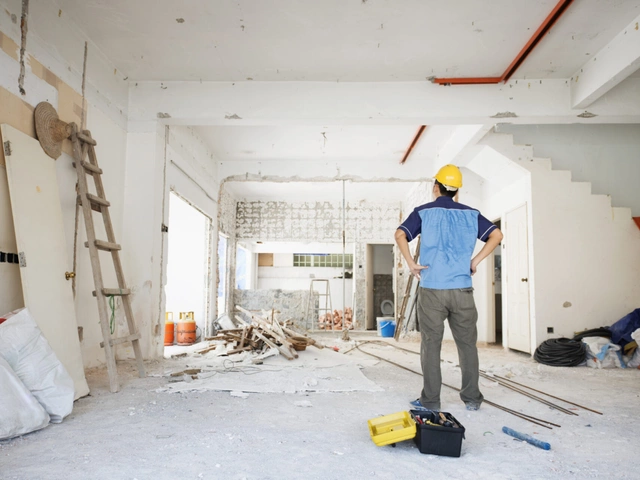Understanding Your Garage Door
Before we delve into how to minimize the need for garage door replacement, it's essential to understand exactly how your garage door works. Garage doors are complex systems of gears, springs, and pulleys that work in unison to lift and lower the door. The type of material used for the door can significantly affect its longevity. For instance, wooden doors are susceptible to rot and decay, while steel doors can rust. Therefore, understanding your garage door is the first step towards minimizing its replacement.
Maintaining Your Garage Door Regularly
Regular maintenance can drastically reduce the need for garage door replacement. This involves checking the door for signs of wear and tear, lubricating the moving parts, and ensuring that the door is correctly aligned. If the door is off its tracks, it won't function correctly and may lead to more serious problems down the line. Also, remember to check the weather stripping at the bottom of the door. If it's worn out, replace it to avoid letting in water, dirt, and cold air, which can damage the door.
Fixing Minor Issues Immediately
It's easy to ignore small problems with your garage door until they become significant issues. However, addressing these minor issues immediately can help prevent the need for a full door replacement. For instance, if you notice that the door is making more noise than usual, there might be a problem with the springs or the opener. Instead of waiting until the door fails to open, call a professional to check it out. This way, you can fix the problem early and save money in the long run.
Investing in High-Quality Garage Door Parts
While it might be tempting to save money by buying cheap garage door parts, this can end up costing you more in the long run. High-quality parts are more durable, and they can withstand the wear and tear of daily use. Therefore, it's worth investing in high-quality springs, cables, and rollers. These components are critical to the operation of your garage door, and if they fail, they can cause significant damage to the door.
Insulating Your Garage Door
Insulating your garage door can not only improve the energy efficiency of your home, but it can also extend the lifespan of the door. When a garage door is properly insulated, it's less likely to warp or crack due to temperature fluctuations. Insulation also reduces the amount of moisture that can get into the garage, which can prevent rust and other forms of damage. If your garage door is not insulated, consider adding insulation to extend its life and improve the comfort of your garage.
Seeking Professional Help
While there are many things you can do on your own to prolong the life of your garage door, there are some instances where it's best to seek professional help. If you're not comfortable performing maintenance tasks or if the door has serious problems, don't hesitate to call a professional. They have the skills and expertise to handle complex issues and can ensure that the door is safe and functional. Remember, regular professional inspections can help detect problems early and extend the life of your garage door.





